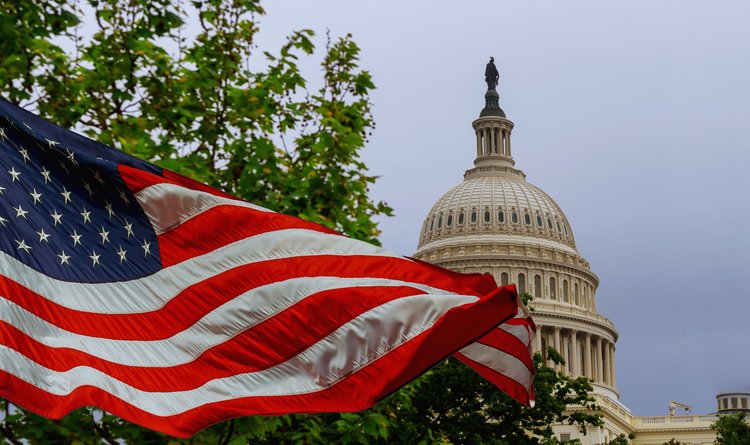The October 2022 US Policy Update
Developers Alliance Submits Response to FTC’s Request for Comment on Consumer Data Collection

The Federal Trade Commission requested the public’s input on data collection, use, and security. We were happy to participate in this exercise to, in part, refute the FTC’s premise that data is inherently bad. Almost all of the nearly 100 questions outlined in the notice portrayed data collection, transit, storage, and use as harmful to consumers. We’re strong advocates for our industry, believing it creates jobs and benefits consumers. Throughout our response to the FTC, we touched on three key themes:
- Developers collect data to provide consumers with cutting edge products and services that can solve many real-world problems.
- Developers monetize data to grow their firms and lower prices for price conscious consumers. The greater the access to data by developers, the further prices will drop.
- Developers handle data with a great deal of care by working to minimize the data they collect; anonymize the data they store, use, and transmit; and to encrypt that data while
In addition, we noted that the FTC’s position of “commercial surveillance” is misleading. While developers do responsibly collect some user data, the only surveillance that takes place is that of law enforcement entities. This surveillance, carried out in the name of safety and security, is an opaque practice that erodes consumer trust in developers and the goods and services they create.
We remain hopeful the FTC will consider all viewpoints before it issues any new regulations related to data collection.
Last Ditch Effort to Pass Competition Legislation Before the End of the Year?

While lawmakers weren’t successful in passing S. 2992, the American Innovation and Choice Act before Congress broke for 2022 midterms (a bill we oppose LINK), there are some who believe that the bill’s sponsor, Sen. Amy Klobuchar (D-MN), may try to wrangle enough votes to get it floor time during the “lame duck session” ( the period between the midterm elections and when the new Congress gets sworn in in early January). Given Majority Leader Schumer’s (D-NY) other priorities, it seems unlikely the bill will be voted on. There is a Hail Mary of sorts underSenate rules that allows for noncontroversial bills to be brought up for consideration without going through the standard process (e.g. subject to a filibuster). However, if one senator objects to the effort, the bill would be forced to go through the standard Senate process for consideration. Here again, it seems unlikely that Senator Klobuchar will have much luck in getting her legislation passed before the end of the year.
Bipartisan Senate Duo Calls for the Creation of an AI Intellectual Property Commission
Senators Thom Tillis (R-NC) and Chris Coons (D-DE) sent a letter to the U.S. Patent and Trademark Office and the U.S. Copyright Office to jointly establish a commission on artificial intelligence. They hope the commission will explore intellectual property rights surrounding emerging technologies. Notably, the letter reads in part:
“We understand that both of your agencies have taken the position that under existing intellectual property laws AI generated inventions are not eligible for protection. We agree and support your position that this is the correct interpretation and understanding of current law. However, we are equally as interested in what the law should be in the future. In other words, we are considering what changes, if any, may need to be made to our intellectual property laws in order to incentivize future AI related innovations and creations.”

The letter calls on the agencies to create a diverse commission including stakeholders from government, academia, the private sector, advocacy groups, and other thought leaders. The commission should be established by October 17, 2023, and submit its report to Congress by December 31, 2024.
We welcome your thoughts on whether and how AI and AI inventions should be treated under patent and copyright law.


